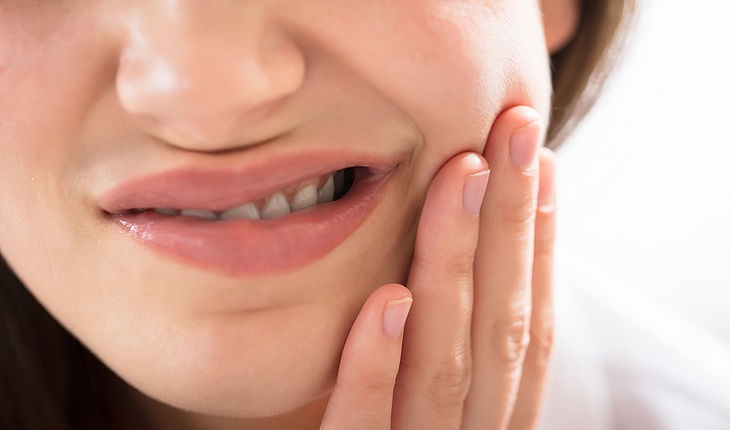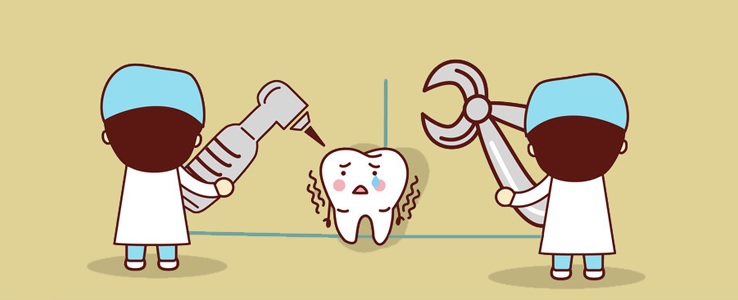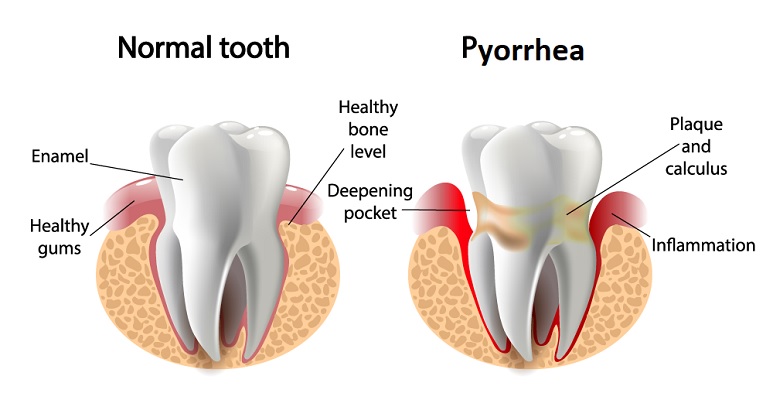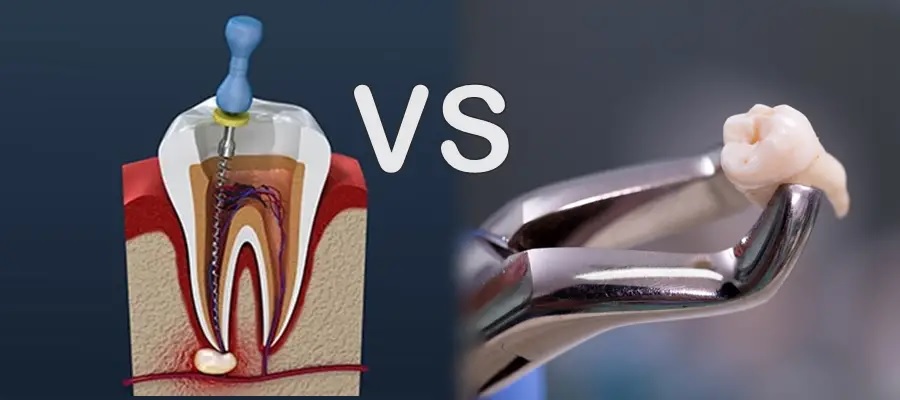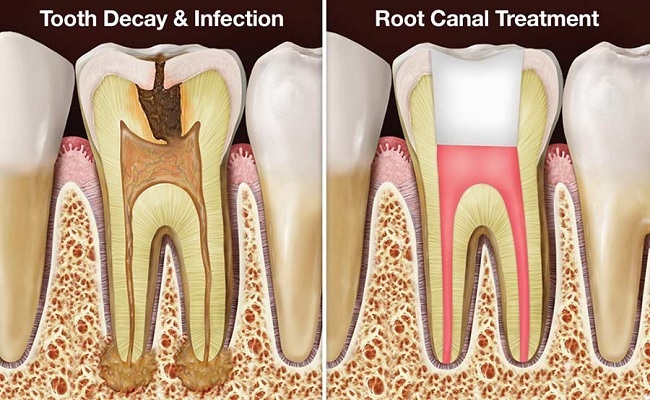The pain can appear before, during and after the performance of some dental procedure, perhaps being the MAIN CAUSE that motivates to go to the dentist in Pitampura; Similarly, endodontic treatment is no exception to these inconveniences.
To better explain this relationship, it is necessary to mention the three periods where a patient may have pain related to duct treatment; However, it is first necessary to explain what the root canal treatment in Pitampura is based on.
What is Endodontics?
This procedure, known as "kill the nerve", is one of the most used in the dental clinic in Pitampura, being the one indicated when there is a great pulp compromise (due to decay, trauma, etc.), thus avoiding its possible extraction and keeping the dental pieces through the total replacement of the affected dental pulp.
Pain Before Endodontics
The pain that the patient carries many times can be very severe, affecting certain social aspects of everyday life. This originates because the nerves located inside are affected either directly or indirectly.
- Due to a very deep caries that can directly affect the nerves: caries that are not checked on time tend to spread and irritate the pulp of the tooth (they infect and kill the nerve).
- When the patient is bruxist causing dental wear, therefore leaving the nerves almost exposed, being affected by a large number of oral elements.
- Due to dental fracture or when the tooth is broken and not important. These cracks that seem insignificant become dangerous communication channels that could severely irritate the pulp.
- Poor cure or seal. Many times when a dental filling is replaced, the cavity is so wide and deep that if you do not have the necessary expertise, you can “brush” the dental pulp and cause a condition called pulpitis that causes pain.
Going to the dentist in Shalimar Bagh is usually related to experiencing a lot of pain; However, in the case of endodontics, this is not the case. Much progress has been made in the development of this procedure for many years, making it increasingly painless.
- However, in some cases where the infectious process of the patient is not controlled, the performance of endodontics can cause a lot of pain. This is because before an inflammation process anesthesia is less effective.
- Some patients metabolize anesthesia very quickly, producing little anesthetic effect in the area, which leads to pain during the procedure; However, it could also be due to an incorrect technique in the application of anesthesia.
It is usual to present some post operative discomfort until all the tissue heals properly; In the same way, these inconveniences, whether pain, discomfort, inflammation, among other symptoms, can last a few hours or extend a few days after the intervention.
- In most cases, the pain perceived after the procedure is minimal, almost non-existent. Many of the patients thank the dental professional for ending their pain before endodontics.
- Depending on the complexity, some treatments (especially in molars), leave teeth sensitive some days (2 or 4); However, these discomforts slowly disappear during the week
SOLUTIONS (What I recommend)
- The most important for the correct treatment of dental pain is the DIAGNOSIS, because thanks to this primary analysis we can identify the cause of the problem and the solution alternatives.
- Endodontic treatment is simple but sometimes due to the complex internal morphology of the molars it is difficult to clean and properly seal the root canals; therefore, it requires in these cases the clinical expertise of a certified endodontist.
- After endodontics in vital teeth, the pain in the area is mild to moderate due to the removal of the pulp and in other cases it is due to the tear in the tissues that produces the injection of anesthesia. These discomforts should not last more than 48 hours.
- Medication is important in order to avoid infection and also to control pain and inflammation. DO NOT AUTOMATIC, and follow the instructions of the professional. An analgesic-anti-inflammatory should be enough.
- If the pain persists for more than 72 hours, request an appointment with your best dentist in Pitampura. By means of a periapical radiography it is possible to verify if the endodontics is correctly performed.
